Fish farm to help achieve Rwanda’s goal of becoming a high-income country by 2050
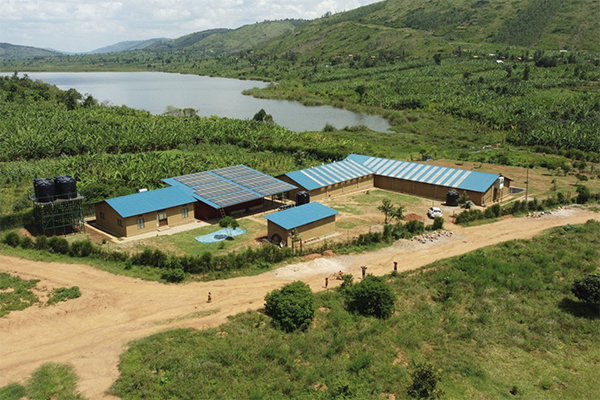
On October 18th, a fish farm opened six miles from the main gate of Akagera National Park in Rwanda. A “bold and catalytic project,” Gishanda Fish Farm is introducing innovation and new skills to accelerate aquaculture development in Rwanda, providing employment opportunities to surrounding communities and delivering an accessible source of protein to combat local nutritional deficits.
The farm is a new sustainable socio-economic development project partnership between African Parks-managed Akagera National Park and FoodTechAfrica, a consortium of Dutch private companies, with the support of the Rwandan and the Netherlands governments.
Gishanda brings modern fish farming to the Eastern region of Rwanda. Utilizing the latest recirculating aquaculture system (RAS) and solar technology to sustainably farm and harvest fish, Gishanda will serve as a source of fingerlings and education to catalyze fish farming in the region. The fish farm will be a producer of quality tilapia fingerlings (juvenile fish), demonstrating catfish farming as an accessible protein production option for communities, as well as tilapia production for food. It will also serve as a model of circular agriculture with the farm effluent fertilizing an on-site organic vegetable farm.
“Gishanda Fish Farm, and the RAS system of sustainable farming, embodies many of the principles that will enable Rwanda to achieve its long-term vision for becoming an upper-middle-income country by 2035 and a high-income country by 2050,” said Dr. Gerardine Mukeshimana, Minister of Agriculture and Animal Resources for the Republic of Rwanda. “Sustainable agriculture, and particularly aquaculture, is an area of strategic focus to simultaneously address food security and to build the sector into a key national economic contributor. Gishanda Fish Farm’s role as a source of quality inputs and education positions it well within this strategy.”
In the long term, Gishanda will produce up to 30 tons of 350- to 500-gram tilapia annually of which at least 10 percent will be supplied locally at affordable pricing to combat local nutritional deficits. In addition to the production of fully grown tilapia, Gishanda is expected to produce 1 million to 1.5 million tilapia fingerlings annually, of which 110,000 will be retained for farm production. A high-quality strain of tilapia, the commercial sale of around 1 million fingerlings will bolster the Rwandan aquaculture sector. The balance of 300,000 to 400,000 will be used for re-stocking lakes in the region, generating locally viable sources of protein and economic growth on a national scale.
“It may seem an unusual move for a conservation organization to be building and running a fish farm,” said Ladis Ndahiriwe, Park Manager of Akagera National Park. “However, our goal at African Parks is to leave a legacy of sustainability, for both communities and wild places. Gishanda actually makes perfect sense – sustainable land use, biodiversity conservation and improving community lives.”
Read more about this story here.
Follow the Advocate on Twitter @GSA_Advocate
Now that you've reached the end of the article ...
… please consider supporting GSA’s mission to advance responsible seafood practices through education, advocacy and third-party assurances. The Advocate aims to document the evolution of responsible seafood practices and share the expansive knowledge of our vast network of contributors.
By becoming a Global Seafood Alliance member, you’re ensuring that all of the pre-competitive work we do through member benefits, resources and events can continue. Individual membership costs just $50 a year.
Not a GSA member? Join us.
Author
Tagged With
Related Posts
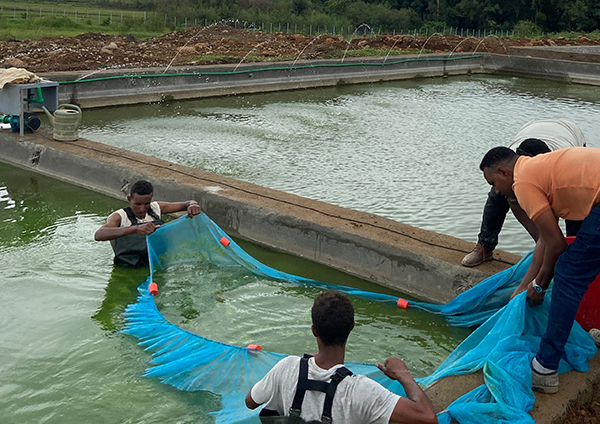
Innovation & Investment
Bill and Melinda Gates Foundation partners on sustainable aquaculture projects in Africa and Asia
FUTUREFISH is partnering with the Bill and Melinda Gates Foundation on sustainable aquaculture projects in sub-Saharan Africa and South Asia.
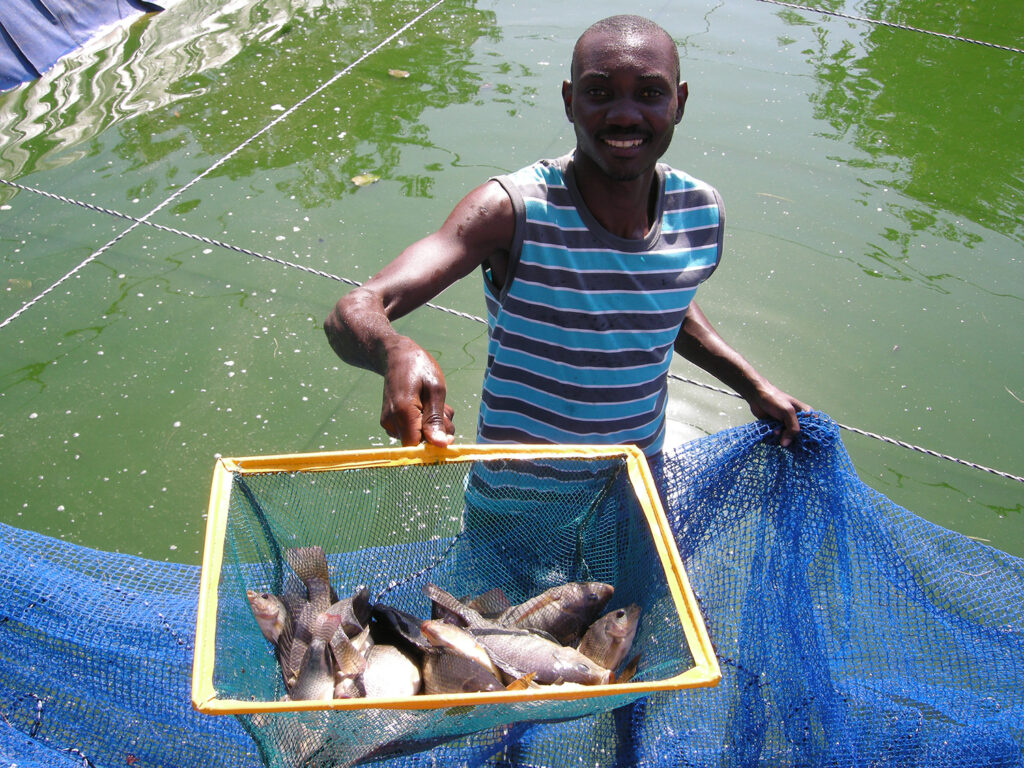
Innovation & Investment
Investors envision a connected sub-Saharan African tilapia farming industry
Inaugural Aqua Insights report encourages investment in Aqua-Spark's Africa Fund to kickstart a new era of tilapia farming for the region.
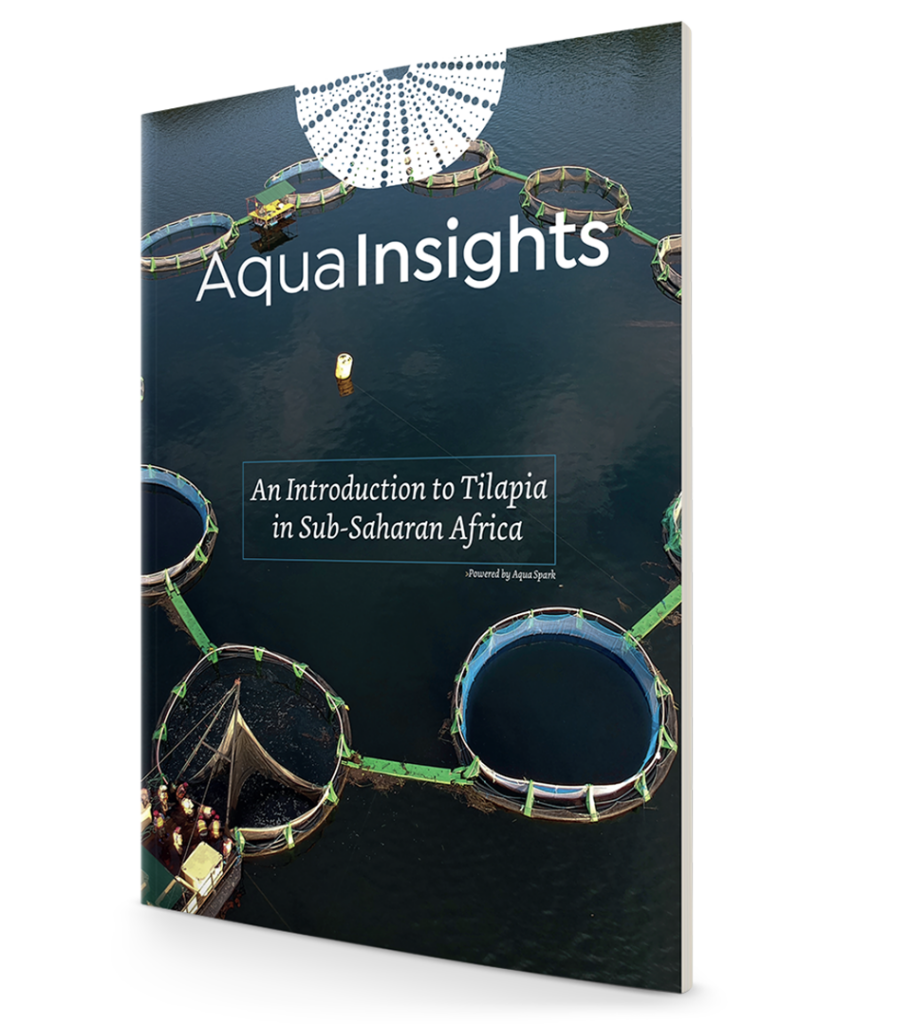
Innovation & Investment
Aqua-Spark report: Tilapia aquaculture key to food security across sub-Saharan Africa
A new Aqua Insights Report from Aqua-Spark finds that tilapia aquaculture is key to food security across sub-Saharan Africa.
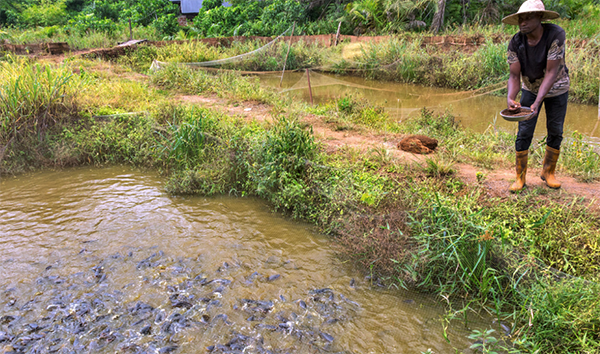
Responsibility
Norway pledges $5 million for IFAD aquaculture projects in East Africa
The Norwegian Agency for Development Cooperation (NORAD) has committed $5 million to support IFAD aquaculture projects in East Africa.



